All Stories
-
 Planetary Science
Planetary SciencePluto’s four littlest moons probably born in a crash
On the eve of the arrival of the New Horizons spacecraft, Pluto’s tiny moons hint at a common origin.
-

-
 Science & Society
Science & SocietyQuantum meets chemistry, opening galaxy of possibility
Chemistry's quantum revolution opens the door for limitless new compounds, and the scientific community scrambles to counteract the spread of a vicious disease.
By Eva Emerson -
 Health & Medicine
Health & MedicineWhy breast-feeding really can be easier the second time around
The body remembers how to make milk, a mouse study suggests. Something similar may happen in humans.
-
 Particle Physics
Particle PhysicsLHC set to see beyond Higgs
Physicists hope a revamped Large Hadron Collider will discover new particles and forces that could help explain dark matter and other mysteries of the universe.
By Andrew Grant -
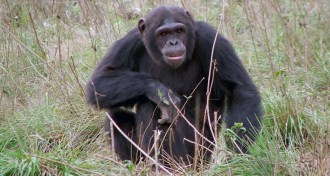 Anthropology
AnthropologyChimps prefer roasted potatoes, hinting at origins of cooking
Chimps really dig roasted potatoes, suggesting cooking arose millions of years ago.
By Bruce Bower -
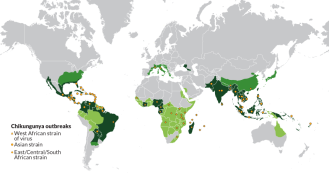 Health & Medicine
Health & MedicineChikungunya is on the move
The chikungunya virus, which wreaks havoc on joints, has spread via mosquitoes in tropical regions. Now it has found a way to hijack a second mosquito, posing a threat to people in Europe, North America and China.
By Nathan Seppa -
 Earth
EarthEruptions create new islands in the Red Sea
Satellite maps reveal the formation of two new volcanic islands in the Red Sea.
-
 Astronomy
AstronomyCosmic superlens gives telescopes a boost
A map of galaxy cluster Abell 2744 unveils how gravity magnifies and smears images of far more distant galaxies.
-
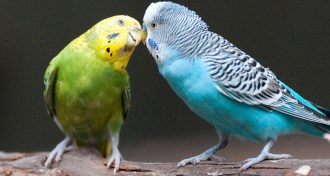 Animals
AnimalsParakeets can catch yawns from their neighbors
Humans and dogs aren't the only ones that can pass along a yawn. They appear to be contagious among parakeets, too.
-
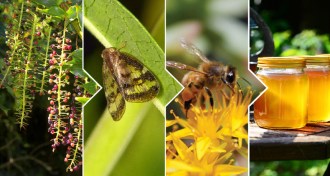 Environment
EnvironmentMystery toxins in tainted New Zealand honey nabbed
Sweet and stealthy toxins have been caught sticky-handed, potentially solving a decades-long mystery of tainted honey in New Zealand.
By Beth Mole -
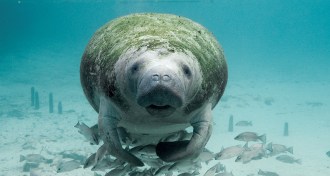 Animals
AnimalsWhen swimming with manatees, mind the herd
Manatees hang out in Florida’s Crystal River; tourists can choose a mindful visit or a harmful one